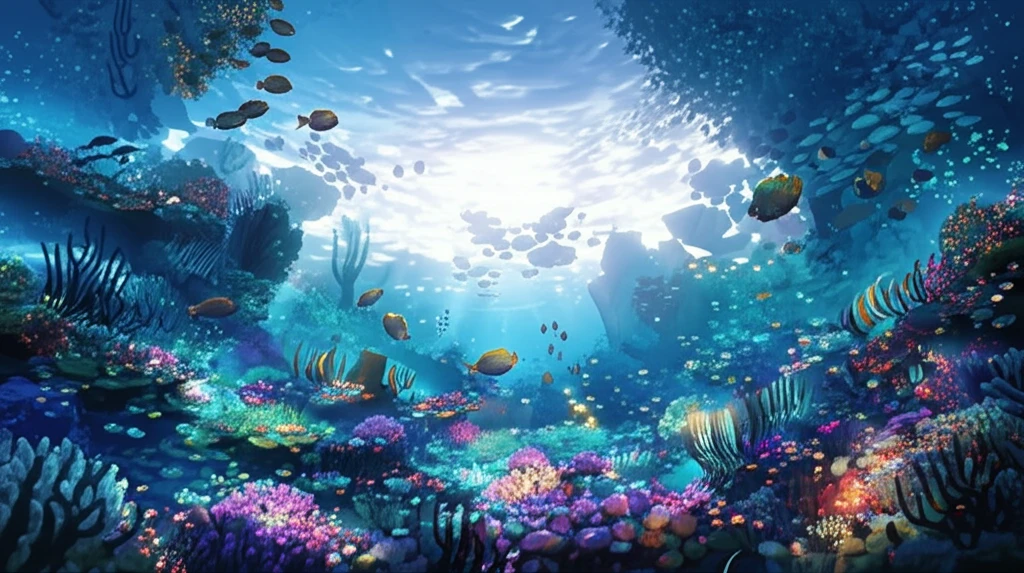
Navigating the South China Sea: Can Ocean Governance Resolve Territorial Disputes?
"Explore the potential of ocean governance to foster cooperation and sustainable use amidst the complex territorial claims in the South China Sea."
The South China Sea (SCS) has long been a focal point for international law and relations scholars, primarily due to the persistent territorial disputes simmering beneath its surface. While these disputes undoubtedly pose threats to regional peace and stability, an exclusive focus on them overshadows the broader challenges related to ocean use and management. These challenges are deeply interconnected and demand a holistic, integrated approach.
Traditional approaches often isolate territorial disputes from other critical issues, such as environmental protection, fisheries management, and maritime trade. This fragmented perspective overlooks the potential for cooperation and sustainable development that a comprehensive strategy could unlock. To truly address the complexities of the SCS, we must shift our focus from dispute management to ocean governance.
This article champions a more inclusive framework for cooperation in the SCS, viewed through the lens of ocean governance. It examines the significance of the South China Sea, provides an overview of the existing territorial disputes and their management, points out shortcomings of current approaches, and proposes principles that inform an alternative approach based on comprehensive ocean governance.
Why is the South China Sea so Important?

The South China Sea is the second-largest semi-enclosed sea in the world, bordered by China (including Taiwan) and eight ASEAN countries: Brunei, Cambodia, Indonesia, Malaysia, the Philippines, Singapore, Thailand, and Vietnam. As a crucial link between the Pacific and Indian Oceans, it plays a pivotal role in global maritime trade, serving as a conduit for over a quarter of the world's trade volume. This makes the Sea Lines of Communication (SLOCs) through the SCS vital not only to Southeast Asian coastal states but also to countries far beyond the region.
- Economic Lifeline: Facilitates a substantial portion of global trade, impacting numerous economies.
- Strategic Military Importance: Serves as a critical transit route for naval deployments.
- Rich in Resources: Holds significant reserves of oil, gas, and fisheries, essential for regional economies.
- Biodiversity Hotspot: Boasts high marine biodiversity, crucial for regional fisheries and ecological balance.
A Call for Holistic Ocean Governance
This paper advocates for a more comprehensive approach to managing and utilizing the South China Sea by embracing ocean governance. This approach emphasizes the need for cooperation among coastal states to ensure the sustainable use of the SCS. By shifting the focus from territorial disputes to sustainable resource management, cooperation becomes about more than just managing conflicts; it becomes about ensuring the long-term health and productivity of the SCS.
